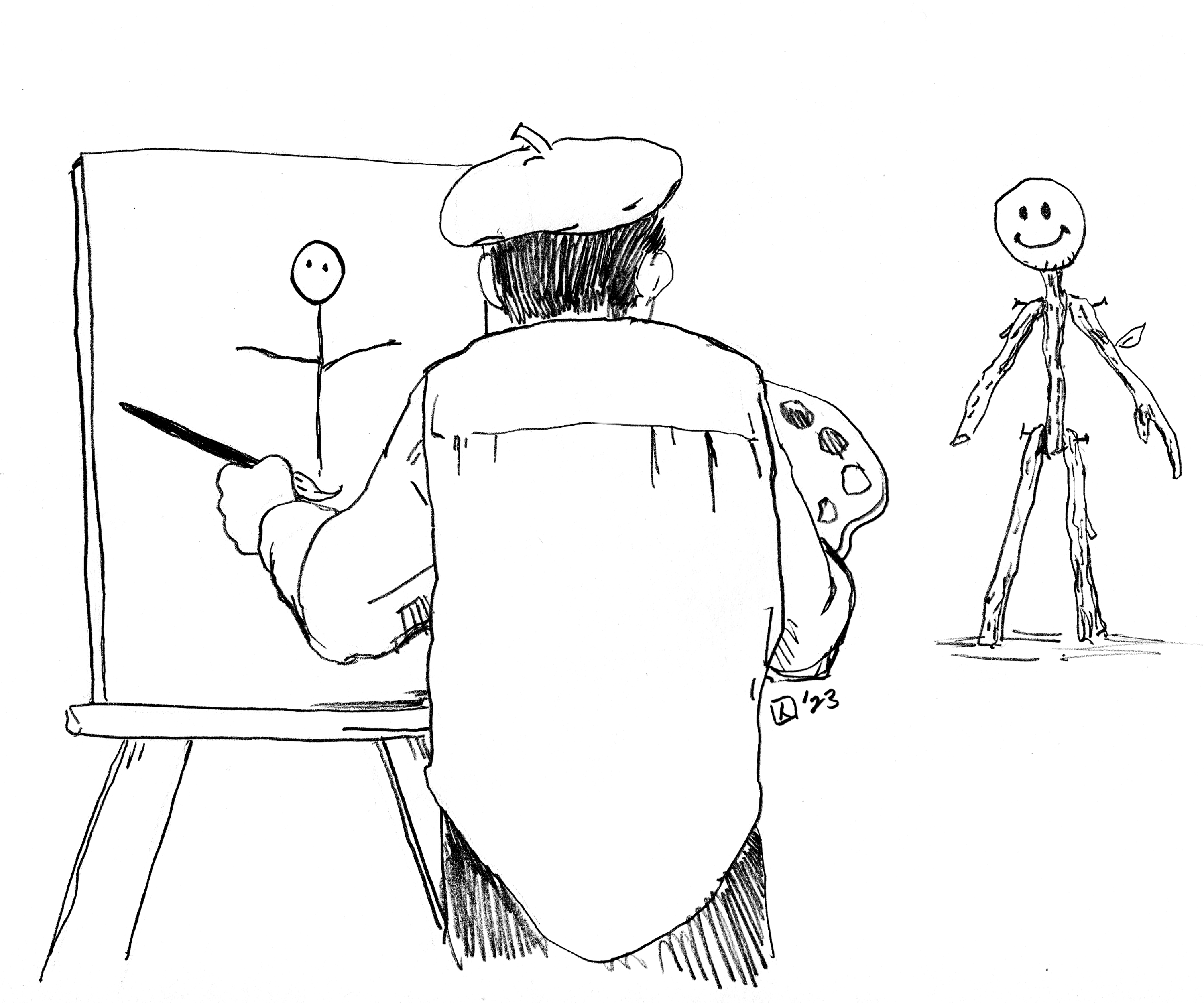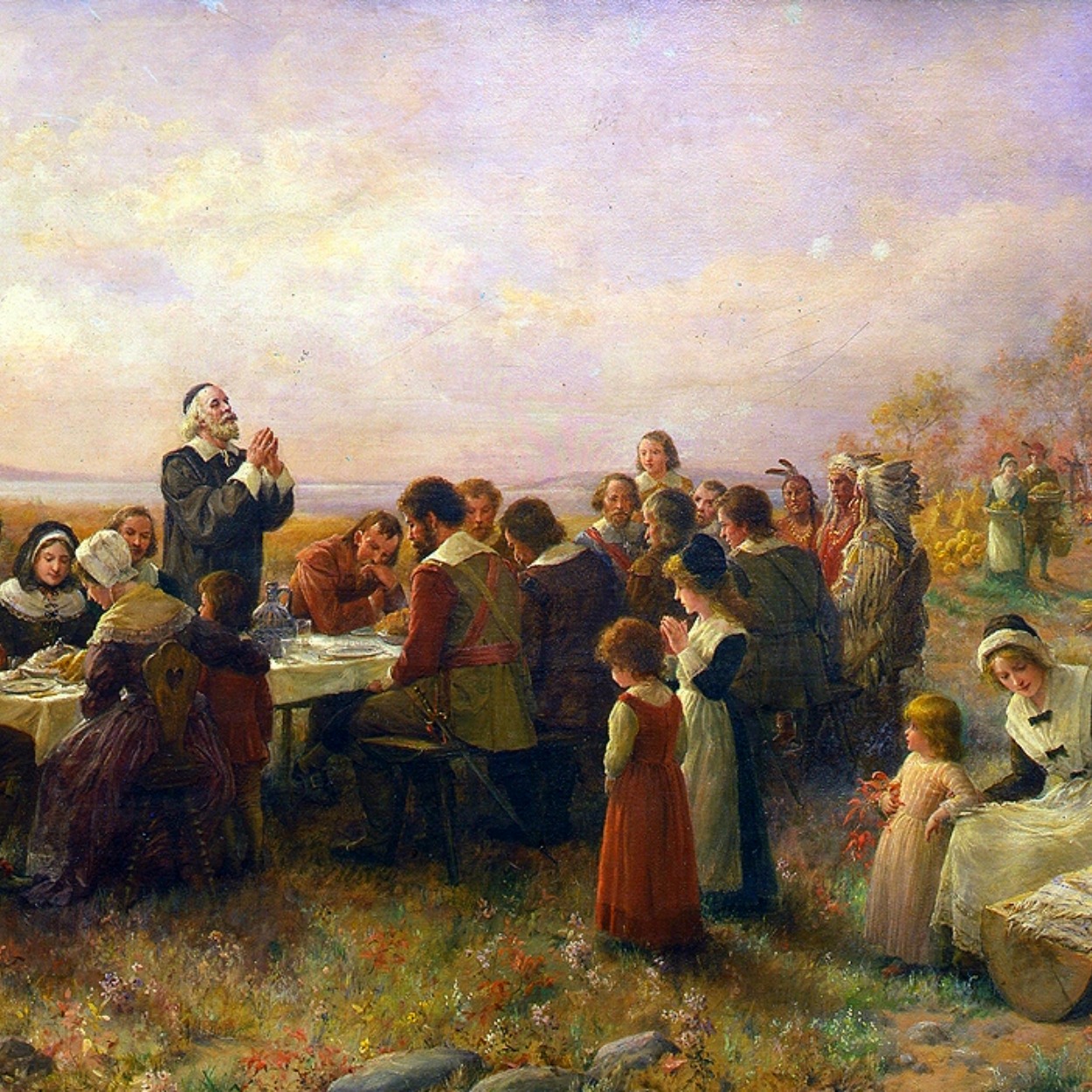The last time I was reading through the Book of Mormon, a verse caught my attention that I had never noticed before. It is found in Alma 39, where Alma is giving counsel to his son Corianton, who had been struggling with sexual sin. Alma’s advice to his son in verse ten is, “And I command you to take it upon you to counsel with your elder brothers in your undertakings; for behold, thou art in thy youth, and ye stand in need to be nourished by your brothers.” What I found interesting was that Alma recognized that his son, who had a sexual struggle, needed help from his brothers.
Wounds and Pornography
Jay Stringer is the author of a popular book written for individuals seeking help from sexual brokenness entitled Unwanted. Amazon states that it has sold over 100,000 copies. On his website, he writes the following, “What if your porn use could be a roadmap to healing, not a life sentence to sexual shame or addiction? That’s exactly what my research on over 3,800 men and women showed. I learned that there is nothing random about the fantasies we pursue and the porn we use. If we want to outgrow our involvement with pornography, we will need to identify the hidden drivers that bring us to it in the first place.” One of the main ideas of Jay’s work is that the very specifics of our sexual fantasies and addictive patterns can show us how we can heal.
The website Fight the New Drug features an article written about how porn can misrepresent and fetishize LGBT+ individuals and relationships. In the article, they state that in 2019 the most popular gay porn categories on the website Pornhub were “Straight Guys” and “Daddy.” According to Jay Stringer, could that give us an indication of what gay men are really wanting to heal and what is driving their porn addiction? Could they be wanting to be accepted by the world of straight men, and could some gay men be wanting to heal their underlying father wounds? Like Corianton, could these men also be nourished by their brothers? There is nothing random about the fantasies we pursue.
I can think of fewer topics less understood and prone to division in our world or in the Church today than the topic of human sexuality. Even our prophet, President Nelson, reminded us in his last conference address that we are living in a “sexualized” world as he taught us that “choosing to live a virtuous life in a sexualized, politicized world builds faith.”
Adrenaline and Dopamine
In the past few years, our understanding of the hormones related to sexual desire has increased substantially. Among the new discoveries is that adrenaline and dopamine act in parallel and sometimes overlapping manners in our brains.
Dopamine is a neurotransmitter of desire, attraction, and addiction and is a key driver in sexual behavior. Adrenaline is a neurotransmitter released in response to trauma and fear. However, high enough levels of adrenaline can bind to and stimulate the same receptors as dopamine, leading to an increase in the effectiveness of dopamine. Research into this has focused on education, not attraction. While these intersecting factors are extraordinarily complicated, for laypersons, this may explain Stringer’s observation that what we are attracted to can help us understand what has wounded us.
While the idea of inflexible sexuality was popular from the nineties through the early oughts, the current consensus is that sexuality often changes over time. Research from 2022 found that within a 12-year period, 33% of people’s sexual attraction changed.
If excessive adrenaline and dopamine together can create sexual attraction, as these recent studies suggest may be possible, it may go a long way to understanding why this is.
Self-Directed Sexual Fluidity
This sexual fluidity has long been experienced by people who experience same-sex attraction but wish not to because of religious commitments.
Chuck, for example, experienced sexual fluidity away from same-sex attraction. In his experience, he describes, “What I was really seeking was non-sexual affirmation from the world of men. Sexual gratification never filled the underlying void. I felt deep in my core that I was not homosexual; rather, I had sexualized those male qualities that I judged that I never possessed—sports ability, a muscular physique and other masculine physical qualities, strength of character, and more—all things that I deemed different from me.”
Jerry similarly explained his sexual fluidity from homosexuality to heterosexuality, “I’ve come to realize that this attraction is an emotional one for me. When my core emotional needs are met by men in healthy, non-sexual ways, my SSA automatically decreases.”
Whether or not this sexual fluidity can be directed, as these men claim in their experience, remains a controversial subject. Sexual orientation change efforts (SOCE) have been disclaimed by the APA. But their February 2021 decision was based not on evidence that SOCE causes harm, but rather a lack of evidence either way as well as an ideological position that the existence of SOCE can result in stigmatization. Sexuality often changes over time.
Perhaps our new paradigm on sexuality should lead us to see this not so much as sexual orientation change efforts, as described by the APA, but rather self-directed sexual fluidity.
Nourished by My Brothers

A couple of years ago, I opened up to a few close friends and to my wife that I was struggling internally with unwanted sexual attraction toward men. I had experienced these feelings ever since I was a young boy and hadn’t talked to anyone about them for many years. I felt trapped and felt an intense amount of shame. I was drawn to sexual images of men and viewed them as foreign, unfamiliar objects. Opening up about these feelings was terrifying for me, but how grateful I am for loving priesthood leaders and friends who have shown me Christ-like compassion and have helped me to feel love, and to help me with my fears of emotional male intimacy. My sexual attraction to men has greatly decreased. I don’t fantasize about being close to men because I feel close to them in real life. I have been nourished by my brothers.
I began meeting monthly with my stake president, who read numerous helpful books with me, and we talked about what I was learning. I received several priesthood blessings from him that gave me comfort and guidance. He listened to my greatest fears, my biggest aches, my past mistakes, and sins, and reassured me of our Savior’s healing power and of forgiveness and repentance.
During this time, I started going on a walk once a week before work with my best friend from high school, who specializes in mental and emotional release work. We talked about what I had experienced in my life in regard to a difficult relationship with my father and other peer wounds and relationships. He lovingly listened to me and helped me process things. He helped me change my internal emotional response and false beliefs related to my past experiences.
I also began talking to other men and to a therapist who similarly experienced same-sex attraction. I learned about how our stories were similar but also were sometimes different. It has been very helpful for me to find men I can relate to in a way that I can’t with others, who have experienced many of the same feelings that I have, and that has also helped me reduce shame.
I bought a mountain bike and took a redemptive risk of opening up to and spending time weekly with my brother-in-law and other safe men mountain biking. I learned more about and experienced intimately and personally the world of men that I have often felt apart from. This was very intimidating and scary for me, but with time, I began to feel that I belonged, that I wasn’t different, and that men were safe people I could get close to. I learned that I could talk about my feelings and what I experienced. I learned that I wasn’t that different from them in many ways, and more and more, I began to feel like I belonged with them. My brother-in-law always gives me a big hug and tells me that he loves me after we spend time together. This has meant so much to me and helped me to feel safe and accepted by him, and has been very healing. It has given me the confidence to develop other healing relationships with men. It is also in relationships that we heal.
A Gospel of Compassion. A Gospel of Healing
The Gospel of Jesus Christ is full of hope and healing, repentance and change. Christ always healed with compassion and turned people’s wounds into opportunities for connection, empathy, and belonging. This is the antidote to the highly sexualized world we live in—true Christlike covenant belonging. The Savior showed us by His actions how to help the outcast, to help those who were misunderstood, those who were different, and those who were hurting. He changed fear, trauma, and false beliefs to safety, love, belonging, faith, and peace. He also healed the inner vessel first before the outer.
Is it no wonder President Nelson has pleaded with us lately to be peacemakers? To keep our covenants and to walk the often narrow and uphill covenant path that is so different from the way of the world? To avoid labels that can hinder our progress and growth? To strive to minister in a higher and holier way to our fellow men? To avoid any addictions and to seek spiritual and professional help as needed? And to prepare the world for the second coming of our Savior by learning how to love others better?
It is my belief that as we minister to and nourish those around us, we can become saviors on Mount Zion by helping save our fellow men who are held captive by the entanglements of addiction, trauma, unwanted attractions, shame, and false beliefs. I have surely felt others doing this for me, helping me fulfill my life mission and reach my full potential. If we do not do that—surely they will continue to turn elsewhere for those needs to be met.
I know that I will forever be grateful for those who have helped me and how grateful I am to my Heavenly Father that I have been able to, like Corianton, be nourished by my brothers.
















